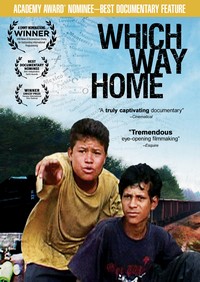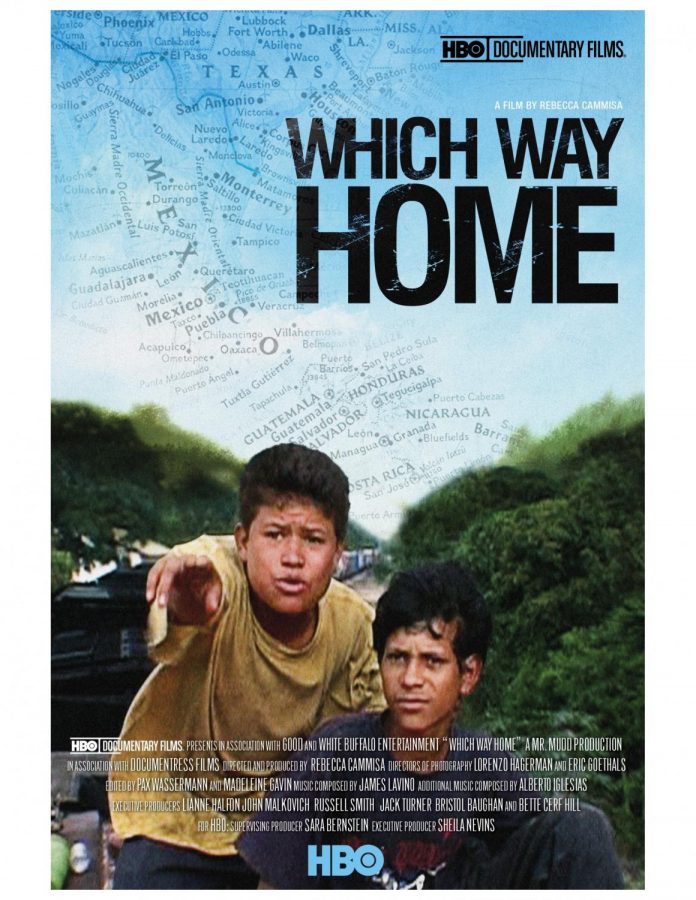
Even though we spent quite a bit less time talking about the other two learning outcomes, I still gained so much from them. One of our learning objectives involved learning all the different ways our campus and degree programs are designed to help us succeed, as well as all of the various tools available to us. Honestly, if we hadn't discussed this in class, I would be clueless. We were shown how to register for classes and see which classes we needed for our degrees. We learned what the catalog was, and as Toni stated in her week 10 blog, "They told informed us about the course catalog, which none of us had heard of. The course catalog is a list of major specific requirements that were set for the year you declared that major." So that was super helpful. I think we all would've been going into it blind had we not discussed it. Because we had been talking about engaging with our degrees, we were asked to pick the values that we thought were most important. I remember being pretty proud of mine, and the more we discussed each of ours, I was pretty proud of my classmates too. In the blog I wrote that week, I said, "Nearly all of us had "determination" or "hard-working" as one of our top five, so I think that's something to be said about honors kids."

Our main course of action throughout this semester was diversity and inclusion. By far my favorite thing we explored this semester. The topics we discussed opened my eyes to so many different racial issues that I had been blind to before. Some of the things that were brought to my attention were things that I wish I had looked into sooner. With all of the information at my fingertips, all I had to do was look. Our first look into diversity and inclusion began with the movie "Which Way Home." The movie focused primarily on immigration, and my takeaway from the film was stated pretty clearly in this line from my week 5 blog where I said, "We were all aware of the way immigration is currently viewed and handled in our country, but films like this give us a chance to see the other side of the story." While most of us had never seen the movie or had much knowledge in the area of immigration, I noticed Bry's blog from this same week was a bit different. In her blog, she says that she had already seen the film a few times before, and it seemed her experience with the film had not changed from the number of times seeing it as she states, "... it was heartbreaking to see it again and be reminded of the harsh reality some of these kids face." Although I had not seen this movie before it was shown to us in class, I had read a book called Enrique's Journey that followed a very similar journey as the one shown in the film. The topics like these discussed in class were heart breaking, but at the same time I knew it was something we needed to see if we were to fully understand the weight of issues like these.

In conclusion, I'm really really going to miss this class. In nearly any blog that was on any topic but diversity and inclusion, you could find the majority of class kind of bummed that we couldn't keep discussing these topics that meant so much to us. We were all always so eager to learn more about the world around us and how we fit into it. Even when we strayed from our favorite topics, Dra. McGrath and Taylor always had ways for us to enjoy what we were learning and get the most out of everything as possible. From lines like, "Sadly, we had to return to talking about our regularly scheduled topics this week," from any blog following a week of diversity and inclusion, you can tell I would've rather continued talking about immigration and race and learning all there was to know.











